Breaking News: Chronic Pain Linked to Dramatic Rise in Blood Pressure
A groundbreaking study published by the American Heart Association reveals that widespread chronic pain can significantly increase the risk of developing high blood pressure. Researchers analyzed data from over 200,000 adults and found a strong correlation between long-lasting pain, depression, inflammation, and rising hypertension risk.
According to the study, the duration and location of chronic pain both play a crucial role in determining the risk of high blood pressure. The findings suggest that effective pain management is essential for preventing and controlling high blood pressure, a major driver of cardiovascular disease.
The study, which was conducted over several years, began in 2015 and involved a massive analysis of data from the National Health and Nutrition Examination Survey (NHANES). The researchers found that individuals with widespread chronic pain were more likely to experience depression and inflammation, both of which are known risk factors for high blood pressure.
The study's lead author emphasized the importance of addressing chronic pain as a key factor in preventing high blood pressure. "Our findings highlight the need for healthcare providers to consider chronic pain as a potential contributor to cardiovascular disease," they said.
The implications of this study are far-reaching, with potential consequences for millions of people worldwide. High blood pressure is a major risk factor for heart disease, stroke, and kidney disease, and effective management of chronic pain could help reduce the burden of these conditions.
The American Heart Association has called for increased awareness and education about the link between chronic pain and high blood pressure. The organization is also urging healthcare providers to adopt a more comprehensive approach to pain management, one that takes into account the potential risks of chronic pain on cardiovascular health.
As researchers continue to explore the complex relationship between chronic pain and high blood pressure, one thing is clear: effective pain management is essential for preventing and controlling high blood pressure. By addressing chronic pain, we may be able to reduce the risk of cardiovascular disease and improve overall health outcomes for millions of people worldwide.
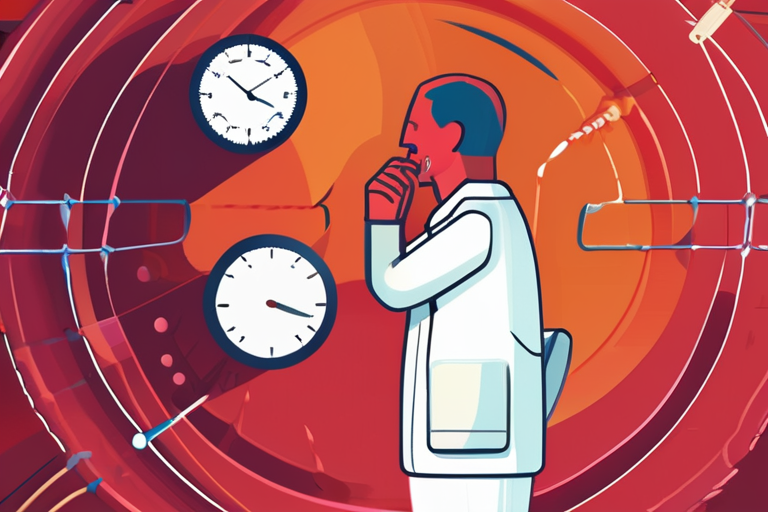














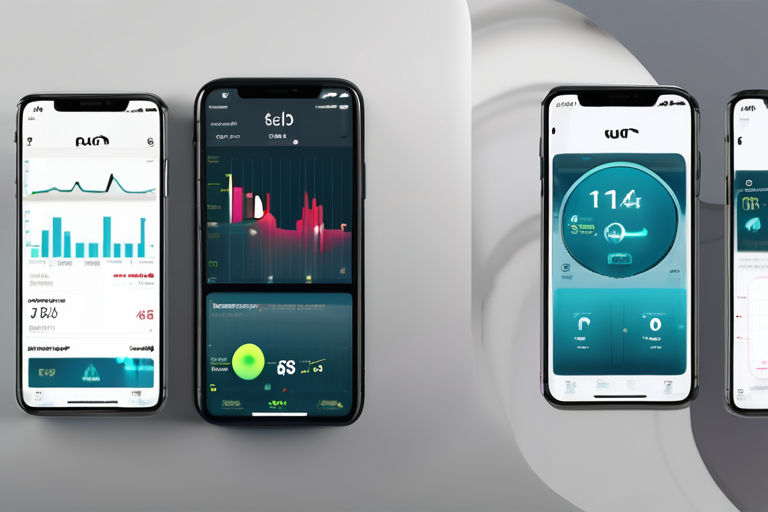
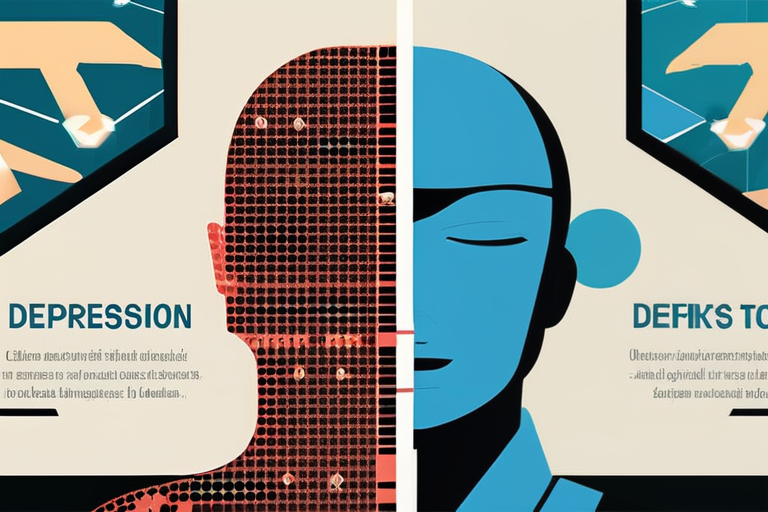




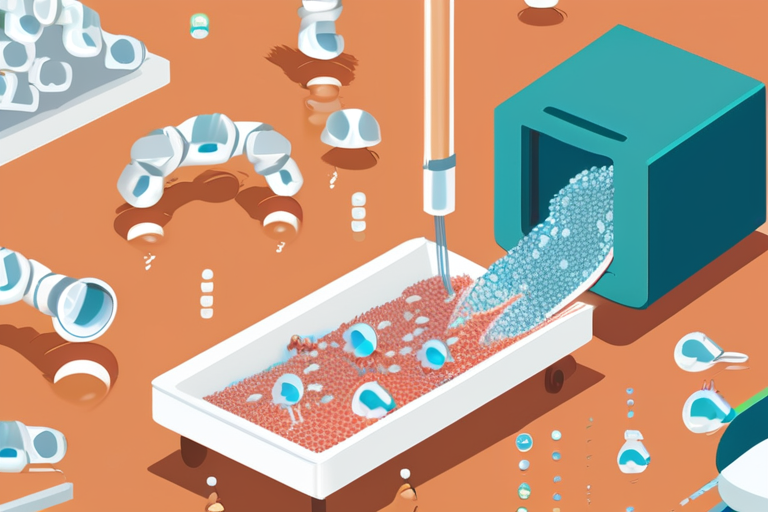

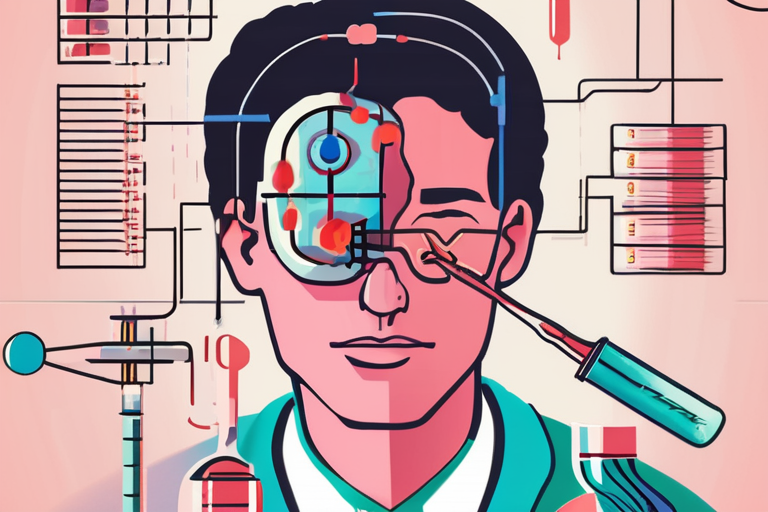


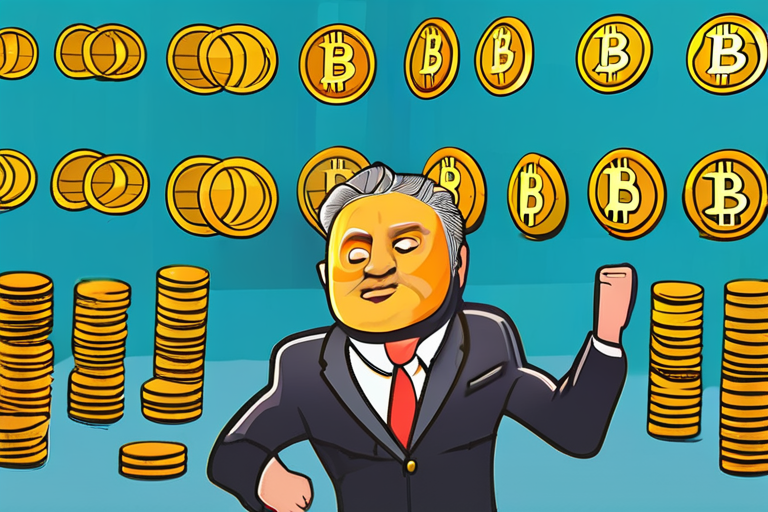
Share & Engage Share
Share this article